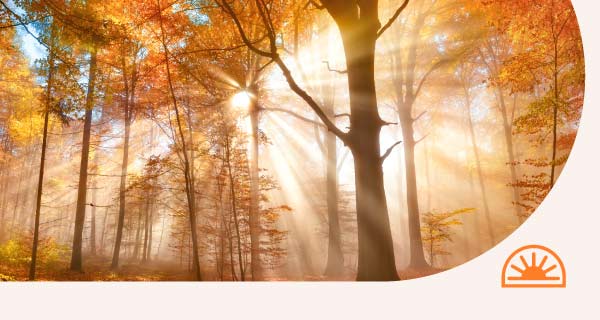Tea is lovely iced on a sultry summer day or piping hot on a cold winter night. When you’re healthy, tea keeps you feeling great, and when you’re sick, it makes you feel better. There’s almost no time that isn’t tea time. As the lyrics to The Kinks’ song “Have a Cuppa Tea” go:
Tea in the morning, tea in the evening, tea at supper time.
You get tea when it’s raining, tea when it’s snowing, tea when the weather’s fine.
You get tea as a mid-day stimulant. You get tea with your afternoon tea.
For any old ailment or disease, for Christ’s sake have a cuppa tea. Halleluja!
Alas, tea is much-loved in Asia, Africa, Europe, North America, South America, Australia — just about everywhere really. The Brits love black tea, the Japanese love green tea. Put your finger down on any populated land mass and you will find some variety of tea being consumed for any one of many reasons.
Herbal “Tea”
Only in the United States are herbal mixtures referred to as “tea.” In other parts of the world, they are referred to as tisanes or infusions. In fact, herbal tea is not really tea at all, but a mixture of flowers, leaves, roots, berries, fruits, seeds and extracts. True tea comes from the tea plant, Camellia Sinensis, and includes green, oolong, black and white tea. But both tea and tisanes have wonderful qualities that promote health and well-being.
Infusing Herbs
Consider when making your next herbal infusion that what you are doing has been done for thousands of years in much the same way by people all around the world. Next to water, tea is one of the most ancient beverages. But teas are more than just beverages; they can also be medicinal — the first kind of herbalism. There are herbal teas that help you sleep, as well as ones that stimulate, though herbal teas are generally caffeine-free. With some basic knowledge of herbs and flowers, you’ll begin to know which kinds of teas to choose for particular ailments, the weather, your state of mind or just simple enjoyment.
To brew herbal tea, you’ll need fresh clean water. Water that has been sitting in the kettle all day or was previously boiled loses oxygen and life. Bring the water to a rolling boil and then pour it over the tea. Overbrewing can leave the tea tasting harsh and bitter. Gauge the readiness of the tea by taste, not sight, as the color of herbal infusions usually does not indicate taste.
The main thing is to brew the tea so that it tastes good to you, usually allowing it to steep 2-7 minutes.
Common Herbal Varieties
Here are an assortment of the herbal teas you may find in your store and what they’re known for doing.
Chamomile
Worshipped by ancient Egyptians for its healing properties, chamomile is known to soothe the nerves and stomach, and for its sedative affect.
Barley (Mugicha in Japanese)
Tea made from roasted barley, popular in Japan and Korea as a summer beverage, said to be good for the liver and gall bladder.
Rooibos (Redbush)
This South African herb is rich in antioxidants and, like chamomile, is said to help with stomach and digestive problems, relieving heartburn and nausea, and has a soothing affect.
Mint
This wonderfully aromatic and antibacterial herb said to aid in digestion and settle the stomach, and may help to prevent cancer.
Yerba Mate
From a South American holly plant, yerba mate is low in caffeine and is said to help increase energy, control the appetite, provide mental clarity, and bring asthma and allergy relief.
Linden (Lime Flower)
May help with gall bladder problems, upset stomach, gas and anxiety; has been used to treat colds, cough, bronchitis, headaches and as a sedative.
Chrysanthemum
Known as a heat reducer, chrysanthemum tea is often recommended to those with sore throats or fever. In Chinese medicine, chrysanthemum is used to maintain normal blood pressure and a healthy cholesterol level, to clear the head and calm nerves.
Sassafras
Said to purify the blood; often used to treat rheumatism and skin diseases.
Lavender
Thought to relieve depression, insomnia and headaches. Lavender is often mixed with other herbs, such as linden or mint.
Drinking herbal tea is an enjoyable and healthy way to hydrate and nourish your body, lift your spirits and relax. There are countless varieties of herbal teas, and the best way to learn is to taste. Try ready-made blends or create your own. Above all, have fun exploring, like so many things, the teas that appeal most to you are simply a matter of taste. But whichever variety you choose, tea is one obsession to which we say “Cheers!”
| Need help relaxing? A psychic can help put your mind at ease and give you a new perspective. Call 1.800.573.4830 or click here now. |
|



